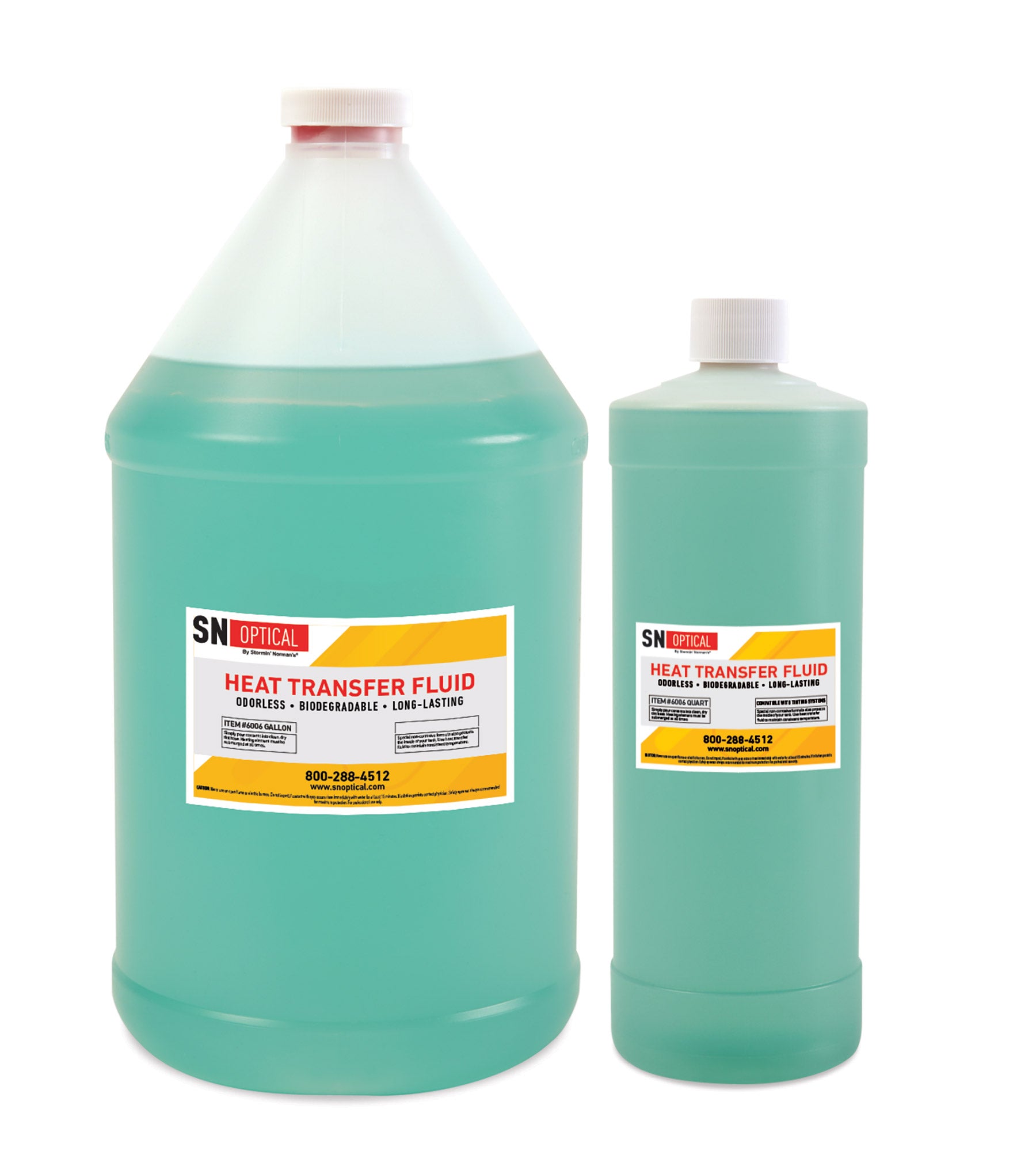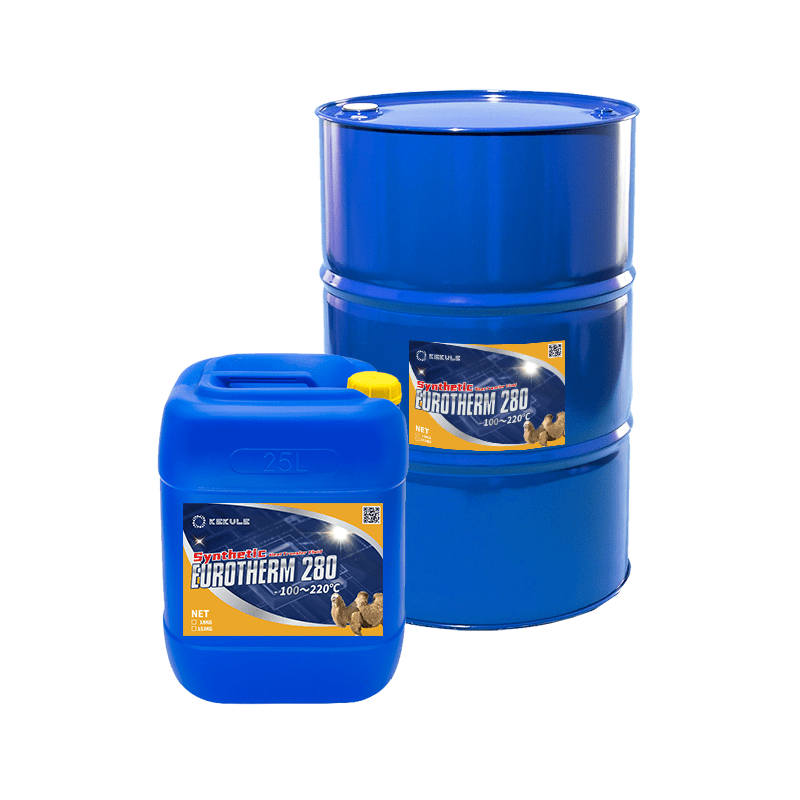Why Warm Transfer Liquid Is Important for Optimizing Energy Transfer in Solution
The duty of warmth transfer liquids in maximizing energy transfer is pivotal for achieving reliable thermal monitoring throughout numerous commercial fields. These liquids facilitate smooth warmth exchange, making certain procedures run within optimum temperature level ranges and mitigating the threat of getting too hot.
Duty in Thermal Monitoring
Heat transfer fluids play an important duty in thermal management by efficiently controling temperatures in different commercial procedures and systems. These specialized liquids facilitate the transfer of heat in between different elements, making sure ideal operating conditions and avoiding overheating. By keeping specific temperature level control, heat transfer liquids make it possible for markets such as chemical manufacturing, oil and gas, and power generation to run securely and efficiently.
The selection of an appropriate warmth transfer fluid depends on numerous elements, including thermal security, heat capability, and thickness. High thermal security makes sure that the liquid can stand up to extreme temperatures without deteriorating, while a high heat ability allows it to soak up and release significant amounts of warmth - heat transfer fluid. Low thickness minimizes the energy needed for pumping, contributing to general system efficiency
In addition, warm transfer liquids are important in applications like refrigeration, where they help absorb and dissipate warmth during the cooling cycle. In solar thermal power systems, these fluids capture and transportation solar heat to create electricity or supply warm water. Their flexibility to diverse operating problems and capability to keep consistent thermal efficiency underscore their importance in commercial thermal management, facilitating functional continuity and enhancing security measures.

Enhancing System Performance
To make best use of the advantages of thermal administration, enhancing system efficiency with the tactical use warmth transfer liquids is extremely important. These liquids play an essential duty in maximizing power transfer by facilitating consistent thermal regulation, which consequently impacts the overall performance and durability of systems. Efficient warmth transfer causes reduced power losses, minimized operational expenses, and enhanced integrity of devices. By maintaining ideal temperature level degrees, heat transfer fluids aid guarantee that systems operate within their made specifications, thereby protecting against overheating and minimizing the risk of element failing.

Sorts Of Heat Transfer Fluids
The variety of warmth transfer liquids emphasizes their crucial function in a variety of commercial applications, each customized to satisfy certain thermal administration demands. These fluids help with efficient energy transfer and are picked based upon vital buildings such as thermal security, thickness, and heat capacity. The key kinds include water, glycol services, oils, and synthetics, each offering distinct benefits.
Water is one of the most typical warm transfer medium due click to its high details warmth capability and low cost. Its use is limited by its freezing and steaming factors. Glycol blends, usually utilized in cooling and heating systems, give a reduced cold point, including adaptability in different climates. Mineral oils are preferred for their thermal security and address non-corrosive nature, making them suitable for high-temperature applications.

Synthetic fluids, consisting of silicone and fragrant compounds, give phenomenal thermal stability and are used in settings demanding severe temperature level ranges. These liquids guarantee remarkable efficiency in systems where standard liquids might stop working. The selection of a warmth transfer liquid is vital, as it affects system effectiveness, safety and security, and longevity. Each type needs to be picked to align with the functional needs and the specific problems of the application it offers.
Environmental and Economic Advantages
Utilizing the best heat transfer liquids supplies significant ecological and financial advantages for industrial procedures. By picking liquids with remarkable thermal stability and high heat capacity, sectors can improve energy effectiveness, resulting in minimized fuel consumption and reduced greenhouse gas exhausts. This adds to a smaller carbon impact and straightens with worldwide sustainability goals. Eco pleasant warm official source transfer fluids, often biodegradable and safe, lessen the risk of dirt and water contamination in the occasion of leaks or spills, therefore securing communities and abiding by rigorous environmental regulations.
Financially, the best warmth transfer fluid can significantly minimize operational expenses. Efficient warmth transfer minimizes energy expense, resulting in reduced utility expenses and enhanced productivity. Additionally, fluids with extensive lifecycle performance lower the frequency of substitutes and upkeep, lowering downtime and connected prices. Purchasing high-quality liquids can additionally reduce the danger of tools corrosion and failing, staying clear of costly repair services and expanding the lifespan of vital framework. In affordable markets, these savings and effectiveness provide a distinct advantage, permitting companies to assign resources better and purchase additional advancement. On the whole, the tactical use optimal heat transfer fluids sustains lasting financial development and ecological stewardship.
Choosing the Right Liquid
How does one navigate the complicated procedure of choosing the best warmth transfer fluid for industrial applications? Thermal security makes certain the fluid can stand up to high temperature levels without deteriorating, while compatibility stops deterioration or other harmful responses with system parts.
Furthermore, the fluid's warm capability and viscosity are vital. A high warm capability enables the fluid to take in and transfer more energy, enhancing efficiency.
Conclusion
The calculated selection and application of warmth transfer fluids are basic to optimizing power transfer across numerous systems. By making sure high thermal stability and capability, these fluids provide precise temperature control and enhance total system effectiveness.
Comments on “Why Routine Upkeep of Heat Transfer Fluid is Essential for System Long Life”